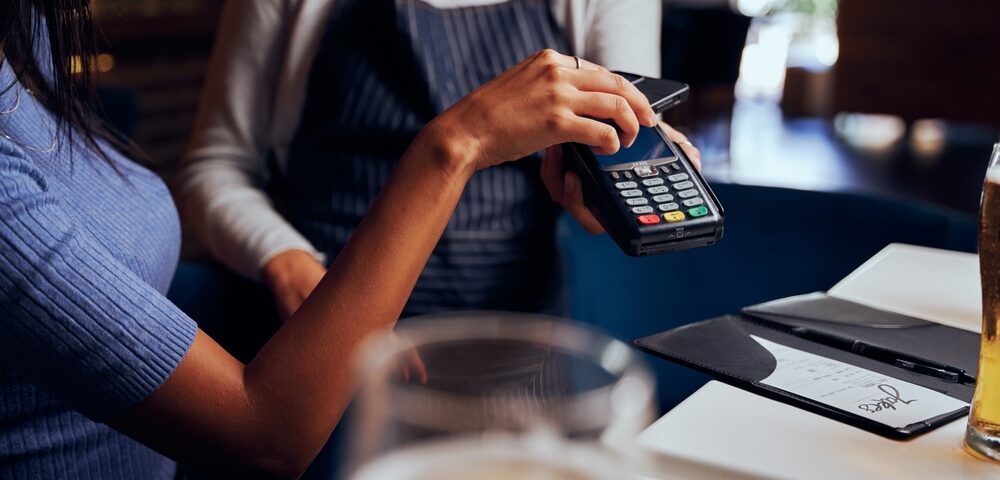
New Corporate Transparency Filing Regulations for Small Businesses
January 30, 2024

For Businesses: Handling Meal and Entertainment Deductions
While the COVID-19 Relief Bill of 2020 provided temporary deduction incentives for businesses (and support for restaurants) in 2021 and 2022, that rule has expired, and the particulars for meal and entertainment deductions have reverted back to pre-COVID levels.
Most basically, the tax deduction of business-related meals has gone back to the standard 50% tax deduction, and most entertainment is not deductible.
The new (old) guidelines for 50% deductions include:
- Meals, food and beverages purchased for clients, partners and prospects – if less than 50% of staff are present, not including counting owners.
- Meals, snacks and beverages brought into the office provided to employees, stockholders, directors and agents.
- Meals while traveling for business or a conference.
- Entertainment-related meals – which must be charged separately from other entertainment costs.
The only instances that qualify for 100% deduction are:
- Meals with employees and/or contractors – if MORE than 50% of staff are present, not counting owners.
- Meals provided to the employees for the convenience of the employer (for instance, bringing in dinner for employees who work late at the office)
- Food for company holiday parties and other employee events such as team-building events.
- Food and beverages given away free to the public.
Keep in mind that all meal deductions may not be considered “lavish or extravagant,” and the expenses must be ordinary and necessary in carrying out your trade or business. The taxpayer or an employee of the taxpayer must present at the meal, and the meal provided to the taxpayer’s business associate such as a customer or client.

What entertainment expenses do not qualify for a deduction: Sporting event tickets, golf fees, play or concert tickets, suite rentals, tickets to amusement parks, club memberships, club-related expenses, transportation to /from a restaurant for client business meals, meals during entertainment that are not listed separately on an invoice. However, the food purchased at an entertainment venue, if separately stated from the ticket sales, and purchased from a restaurant can qualify.
Gift giving: It’s always nice to thank a valuable client for their business, acknowledge a special occasion or celebrate a holiday, but while client gifts are tax-deductible, there are limitations. You may spend whatever you choose on client gifts, but only $25 per recipient per year is deductible.
Hart Vida & Partners recommends that for bookkeeping purposes you keep track of the different types of expenses to determine their deductibility. Keep good records and all receipts. Each employee that entertains clients should be submitting a detailed expense report including client names and purpose.
If you have questions about any of these deduction stipulations, or need assistance adjusting your bookkeeping, please reach out to us. You may reach our Office Manager, Maria Mosa, at mmosa@hvandpartners.com or 914-617-7620 ext. 118, and she will put you in touch with the correct partner to assist you.
- Hart Vida & Partners
Westchester Office:
400 Columbus Avenue
Suite 100S
Valhalla, NY 10595
Fax: 914-666-2549

